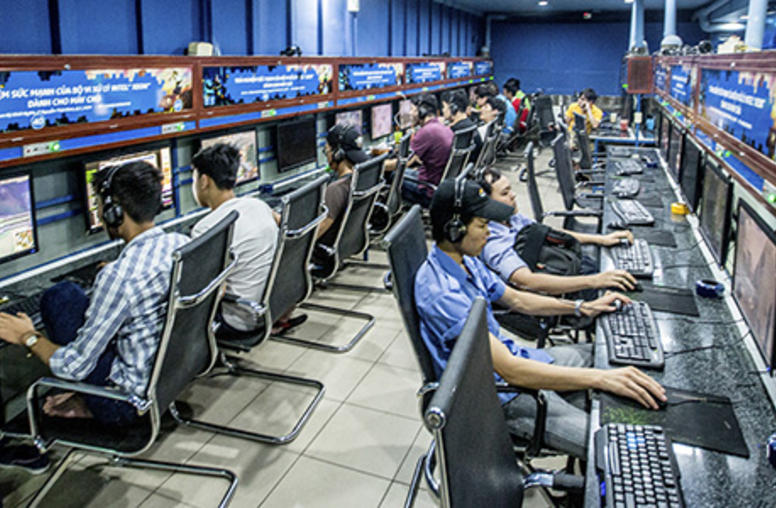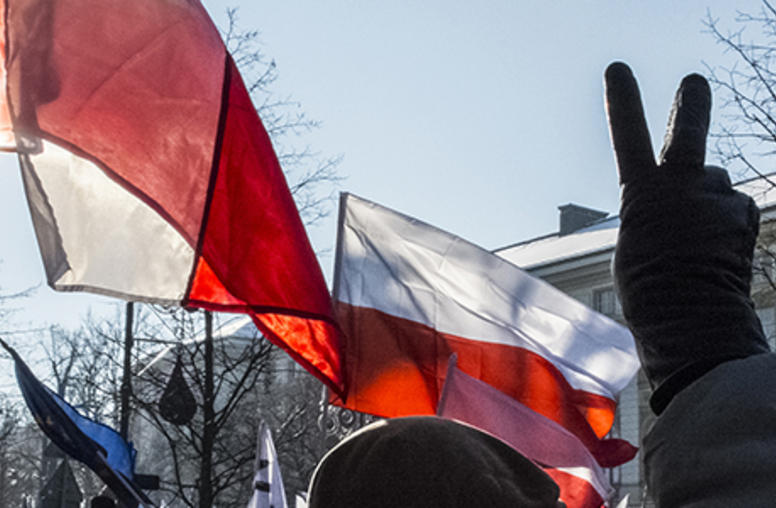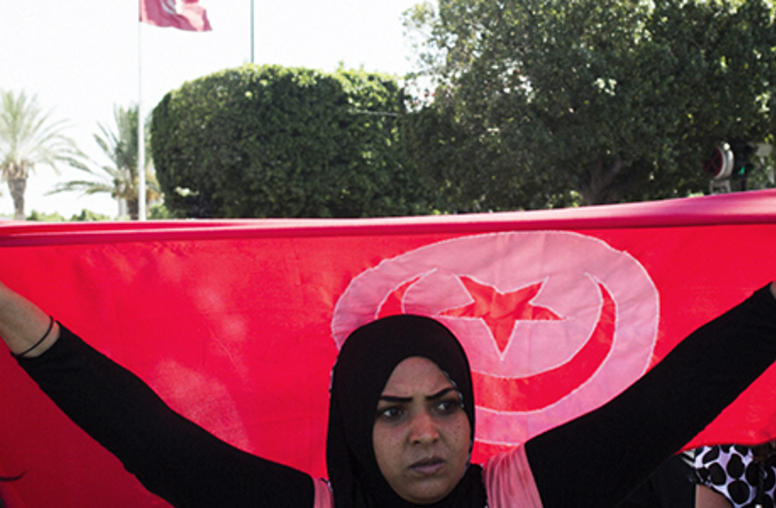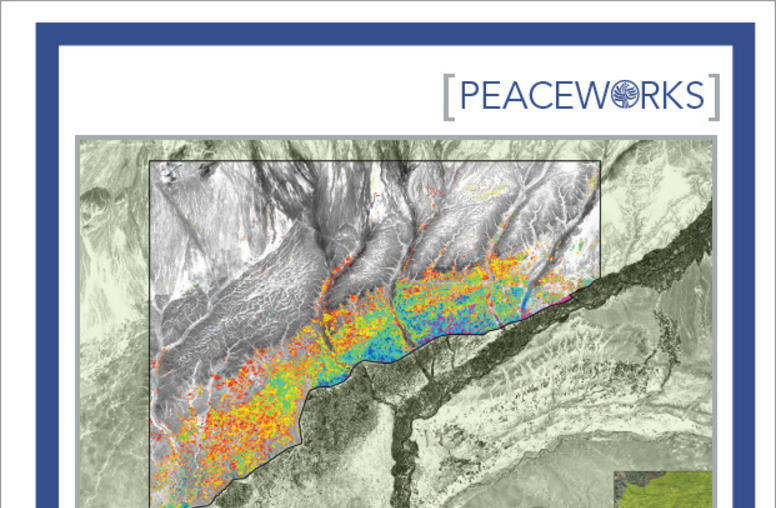Conventional Wisdom about Information Technology
When I started to examine the impact of information technology on international relations a few years ago, I was initially attracted to the topic because there was not a lot of conventional wisdom on it. Compared to NATO enlargement, peacekeeping or ethnic conflict, this was a very new topic.
Introduction
When I started to examine the impact of information technology on international relations a few years ago, I was initially attracted to the topic because there was not a lot of conventional wisdom on it. Compared to NATO enlargement, peacekeeping or ethnic conflict, this was a very new topic.
It turned out that the ability of a post-industrial society to generate conventional wisdom, however, is great. Despite the fact that it is a new topic, there actually is quite a lot of conventional wisdom. In fact, there is probably a corollary to Moore's Law on the growth of processing power, that is, the stock of conventional wisdom about information technology doubles roughly every 18 months or so. Even so, a lot of the conventional wisdom is self-contradictory, inconsistent or rapidly changing.
About the Author
Frank Fukuyama
Transcript of a presentation at the 1997 Virtual Diplomacy Conference
April 1, 1997



